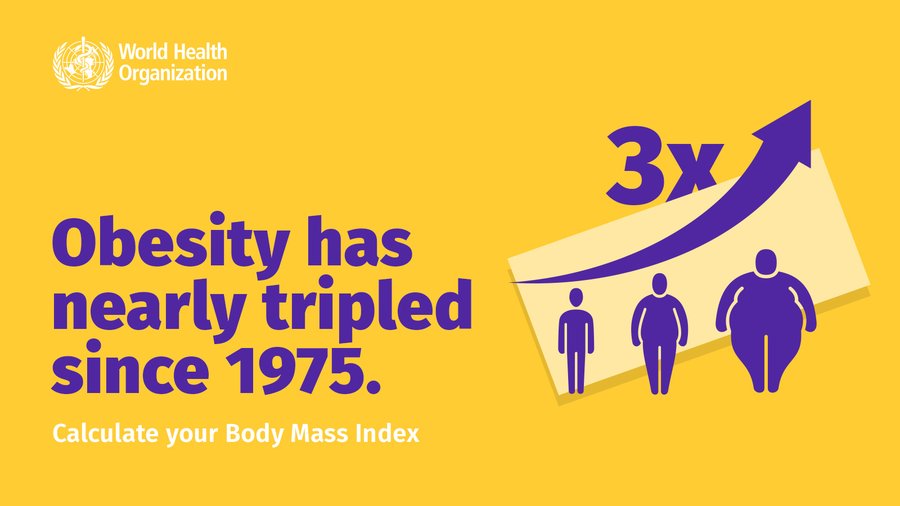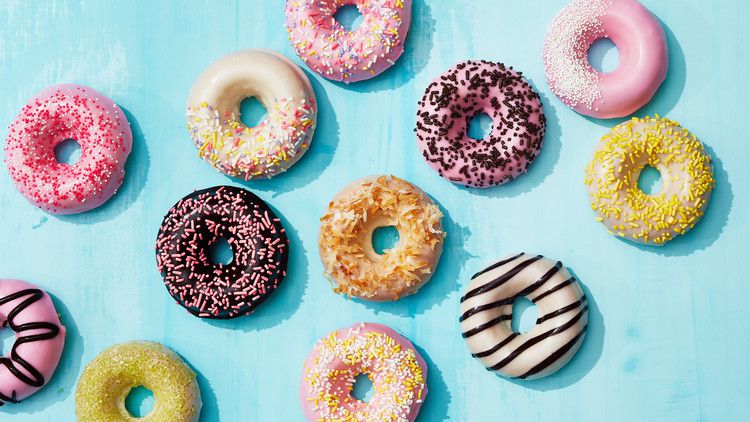Eating To Break 100: Longevity Diet Tips From The Blue Zones
npr.org
The centenarians living in Blue Zones aren't drinking Ensure or eating chocolate ice cream. Instead, many are drinking wine, and all are eating beans. But living to 100 isn't just about diet.
Source:
http://www.npr.org/blogs/thesalt/2015/04/11/398325030/eating-to-break-100-longevity-diet-tips-from-the-blue-zones
Want to live to be 100?
It's tempting to think that with enough omega-3s, kale and blueberries, you could eat your way there.
But one of the key takeaways from a new book on how to eat and live like "the world's healthiest people" is that longevity is not just about food.
The people who live in the Blue Zones — five regions in Europe, Latin America, Asia and the U.S. researchers have identified as having the highest concentrations of centenarians in the world — they move their bodies a lot.
They have social circles that reinforce healthy behaviors.
They take time to de-stress.
They're part of communities, often religious ones.
And they're committed to their families.
Eat Plants And Prosper: For Longevity, Go Easy On The Meat, Study Says
Nuts For Longevity: Daily Handful Is Linked To Longer Life
But what they put in their mouths, how much and when is worth a close look, too. And that's why
Dan Buettner, a National Geographic explorer and author who struck out on a quest in 2000 to find the lifestyle secrets to longevity, has written a follow up to his original book on the subject, The Blue Zones. The new book, called The Blue Zones Solution, is aimed at Americans, and is mostly about eating.
Why should we pay attention to what the people in the relatively isolated Blue Zone communities eat? Because, as Buettner writes, their more traditional diets harken back to an era before we Americans were inundated with greasy fast food and sugar. And to qualify as a Blue Zone, these communities also have to be largely free of afflictions like heart disease, obesity, cancer and diabetes. So clearly they're doing something right.
Gianluca Colla/Courtesy of Blue Zones
David McLain/Courtesy of Blue Zones
Gianluca Colla/Courtesy of Blue Zones
Gianluca Colla/Courtesy of Blue Zones
Gianluca Colla/Courtesy of Blue Zones
Gianluca Colla/Courtesy of Blue Zones
David McLain/Courtesy of Blue Zones
You can get the backstory in this
excerpt of the original book, which was published in 2008. But in a nutshell, Buettner in 2004 rounded up a bunch of anthropologists, demographers, epidemiologists and other researchers to travel around the world to study communities with surprisingly high percentages of centenarians. He and the scientists interviewed hundreds of people who'd made it to age 100 about how they lived, then did a lot of number crunching to figure out what they had in common.
For Mind And Body: Study Finds Mediterranean Diet Boosts Both
A year after that book was published, the team announced they'd narrowed it down to five places that met all their criteria. They gave them official Blue Zone status: Ikaria, Greece; Okinawa, Japan; Ogliastra Region, Sardinia; Loma Linda, Calif.; and Nicoya Peninsula, Costa Rica.
In the new book, which was released April 7, Buettner distills the researchers' findings on what all the Blue Zones share when it comes to their diet.
Here's taste:
Stop eating when your stomach is 80 percent full to avoid weight gain.
Eat the smallest meal of the day in the late afternoon or evening.
Eat mostly plants, especially beans.
And eat meat rarely, in small portions of 3 to 4 ounces.
Blue Zoners eat portions this size just five times a month, on average.
Drink alcohol moderately and regularly, i.e. 1-2 glasses a day.
The book also features "top longevity foods" from each Blue Zone, some of which we found pretty intriguing.
For recipes from the Blue Zones with the ingredients above, check out the web site. And for more photos from the Blue Zones, head to National Geographic.













